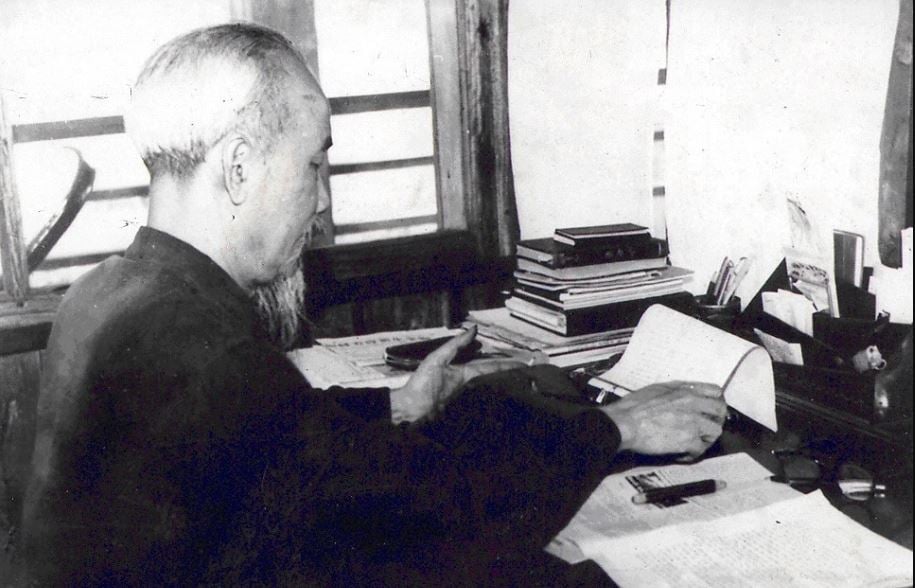 |
| Uncle Ho working on the 2nd floor of the Stilt House in the Presidential Palace, April 1960. (Photo: VNA Document) |
60 years have passed, those "last words" along with his thoughts have always accompanied the nation, illuminating and guiding our entire Party, people and army to always be steadfast and loyal to his revolutionary cause and ideals, successfully continuing the great revolutionary cause that he devoted his whole life to and sacrificed for; carrying his invincible flag to the final destination.
He spent time and effort writing his Will.
In his emotional memoir, comrade Vu Ky, Uncle Ho's personal secretary, recounted: "At exactly 9 o'clock, Uncle Ho sat down to write attentively. The problem must have been pondered for a long time. The office on the stilt house was quiet. The wind was cool and gentle, with the faint fragrance of garden flowers... At that very moment, Uncle Ho put pen to paper and wrote the first lines in the "Top Secret" document to leave to future generations." (1)
That was when he began writing his Testament - a particularly important document that he humbly called "A few words left behind". In the introduction of his 1965 Testament, he wrote: "This year, I am 75 years old. My spirit is still clear, my body is still healthy. However, I am also a rare breed. Who can guess how many more years and months I will live and serve the Fatherland, serve the revolution. Therefore, I leave these few words... in case I go to meet Karl Marx, Lenin and other revolutionary elders...". (2)
In the entire 3-page "Top Secret" document, Uncle Ho did not talk much about himself, but spent time talking about the Party, the people, the next revolutionary generation, the future of the Fatherland... Every sentence, every word in the Testament was carefully considered by him, not only as a final instruction, but also as a summary of a great thought, a deep love for the country and people.
Then in the following days of May that year or in the middle of May of the following years, Uncle Ho continued to write, revise, and supplement the Will in the office in the stilt house.
After Uncle Ho passed away, on September 9, 1969, during the memorial service, General Secretary Le Duan was moved to announce his Will. It was a complete Will compiled from the Wills that Uncle Ho had written and revised and supplemented before. 20 years later, in 1989, when conditions permitted, all drafts of Uncle Ho's Will were fully announced by the Central Executive Committee of the Party (term VI).
Thus, the Testament is a “document” that President Ho Chi Minh spent a lot of time and effort writing. He considered every idea and every word; but each idea and every word was simple and sincere, just like the life he lived. The fact that he repeatedly edited, supplemented and rewrote the Testament not only shows that he was a very thoughtful and perfectionist person, but also shows that he was always concerned and thinking about the fate of the nation and the happiness of the people.
Crystallization of Uncle Ho's love and timeless vision
The content of the Testament is not long, but concise and profound. It is the wish, sentiment, belief, and responsibility of President Ho Chi Minh to the Fatherland, the People, and the revolutionary cause, deeply expressed in the prediction of the victory of the resistance war against the US and the day of national reunification, in the instructions on the work of the unfinished revolutionary cause: "The resistance war against the US, to save the country of our people, even though it must go through more hardships and sacrifices, will definitely achieve complete victory. That is a certainty". (3)
These are guidelines on building and consolidating the ruling Party with the key issues of Party building work: maintaining "unity within the Party", implementing the principle of democratic centralism, the principle of self-criticism and criticism, cultivating revolutionary ethics, upholding the sense of responsibility, wholeheartedly serving the people...; and the strategic task to maintain the Party's leadership and ruling role - is Party rectification work.
These are also instructions and reminders about the need to “cultivate the next generation of revolutionaries”. He emphasized: “Our union members and youth in general are good, they are enthusiastic in everything, not afraid of difficulties, and have a spirit of progress. The Party needs to take care ofeducating them in revolutionary ethics, training them to become successors in building socialism who are both “red” and “expert””. (4)
In his Testament, Uncle Ho thought of people from all walks of life. For the working people, he advised: “The Party must have a good plan to develop the economy, culture, and society in order to continuously improve the people’s lives” (5). He paid special attention to disadvantaged groups. From those who contributed to the cause of national liberation: “we must find every way to provide them with a stable place to live, and at the same time open vocational training classes suitable for each person so that they can gradually become self-reliant” (6); to women: “we must have a practical plan to train, promote, and help so that more and more women can take charge of all tasks, including leadership” (7); and even the victims of the old society: “we must both educate and use the law to reform them, helping them become honest workers” (8). Through this, we can see more clearly Uncle Ho’s kindness, tolerance, and boundless love for humanity.
In addition, Uncle Ho also outlined the theory of innovation in our country with important instructions on social management such as: training human resources, amending the education system, restoring and expanding economic sectors, agricultural tax exemption policy for farmers, social policy, social justice...
It is called a Will, but inside there are few words mentioning his own requests. Throughout his life, Uncle Ho struggled and sacrificed for only one purpose: “Freedom for my people, independence for my Fatherland, that is all I want, that is all I understand”. Even before he passed away, the thing that Uncle Ho regretted most was “not being able to serve longer, more”. (9)
What is more touching is that Uncle Ho left without taking anything with him, but "left behind a lot of love for the entire people, the entire Party, the entire army, the youth and children" (10). Uncle Ho's final wish was that "our entire Party and people unite to strive to build a peaceful, unified, independent, democratic and prosperous Vietnam, making a worthy contribution to the world revolutionary cause". (11)
And a special point that makes President Ho Chi Minh's Testament surpass all ordinary political documents is the harmony between revolutionary ideals and humanistic depth. Not only did he advise on communist ideals, he also advised on the smallest things in human life. These were not just advices, but also the humanitarian message of a great heart, always putting people at the center of every thought and every action.
A guiding light in the journey of national innovation and development
Over the past 60 years, President Ho Chi Minh's Testament is not only his final words of advice, but has also become a guiding compass for the entire Party and people on the path of nation building. In each historical period, from the period of fighting for national reunification to the period of innovation, integration and development, the Testament has always been the spiritual source, the guiding torch for our Party to be steadfast in its role of power, for our people to trust, unite and constantly strive forward.
After the reunification of the country (1975), the instructions in the Testament on the task of building the Party and caring for the people's lives were concretized in the Party's resolutions and policies. In particular, the spirit of "preserving the Party's unity and consensus as if preserving the pupil of one's eye" became the core motto for the Party to constantly rectify, renew and perfect itself.
As the country enters the period of renovation, President Ho Chi Minh’s instructions in his Testament on economic and cultural development and improving people’s lives once again shine brightly, becoming the foundation for the Party to make correct decisions, in line with the country’s reality and the trend of the times. The programs of hunger eradication and poverty reduction, caring for people with meritorious services, enhancing the role of women, nurturing the younger generation… are all vivid realizations of what he instructed.
In the process of international integration, the Testament continues to inspire the spirit of independence and self-reliance, along with cooperation and friendship. What Uncle Ho wrote about “having to make a worthy contribution to the world revolutionary cause” has become a guideline for Vietnam to gradually affirm its position, role and prestige in the international arena.
The reality of the past half century shows that the further we go on the path of development, the more we appreciate the everlasting value of the Testament. Not only at the strategic level, the thoughts in the Testament are also imbued with humanity, suggesting new approaches to modern issues such as sustainable development, protecting human rights, improving the quality of life, and comprehensive civic education - the goals of a progressive and humane society, exactly as Uncle Ho always wished.
60 years have passed since Uncle Ho wrote his first lines of his Will, but the light from the Will still illuminates and empowers generations of Vietnamese people today and tomorrow. It is the light of patriotism, of human morality, of the desire for peace and development, of the determination to build a “more decent and beautiful” country as Uncle Ho instructed. Implementing Uncle Ho’s Will today is not only an act of gratitude, but also a command from the heart, so that every cadre, party member, and every Vietnamese person can join hands to continue writing the epic poem of “independence - freedom - happiness” that he initiated and worked hard to achieve throughout his life.
-----
(1) Vu Ky - Missing Uncle Ho More and More, Thanh Nien Publishing House. Hanoi. 1999. Page 130
(2) Excerpt from the draft of Ho Chi Minh's Testament in 1965
(3) - (11) Ho Chi Minh Complete Works, National Political Publishing House, Hanoi, 2011, volume 15, pp.621-624
(According to VNA)
https://baotintuc.vn/nhan-vat-su-kien/60-nam-truoc-bac-ho-bat-dau-viet-di-chuc-20250508083708714.htm
Source: https://thoidai.com.vn/60-nam-truoc-bac-ho-bat-dau-viet-di-chuc-213372.html



![[Photo] Prime Minister Pham Minh Chinh attends the event "Digital transformation of the banking industry by 2025"](https://vphoto.vietnam.vn/thumb/1200x675/vietnam/resource/IMAGE/2025/5/29/0e34cc7261d74e26b7f87cadff763eae)



![[Photo] Prime Minister Pham Minh Chinh receives leaders of Excelerate Energy Group](https://vphoto.vietnam.vn/thumb/1200x675/vietnam/resource/IMAGE/2025/5/29/c1fbe073230443d0a5aae0bc264d07fe)
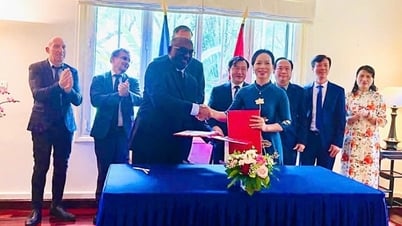

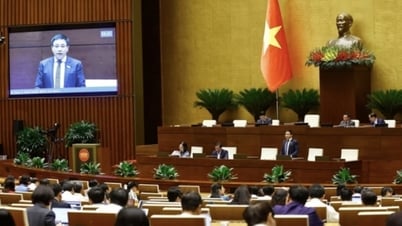
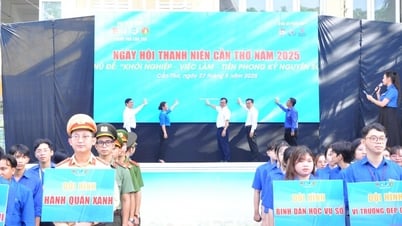

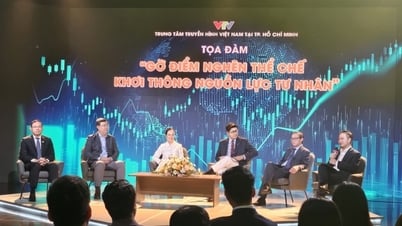





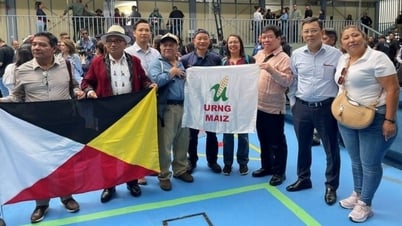
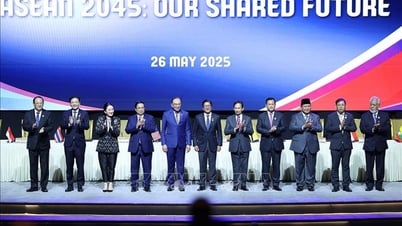

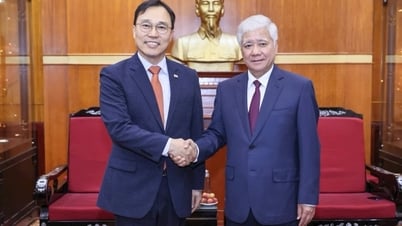





























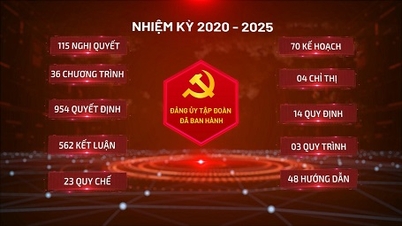


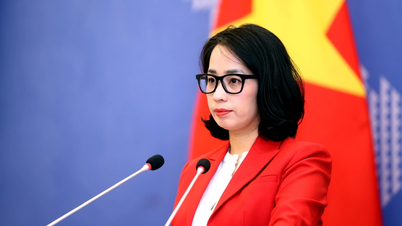


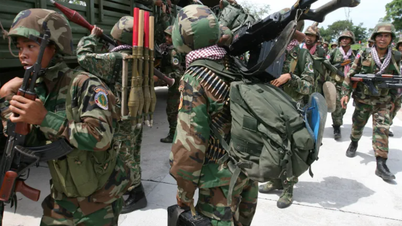




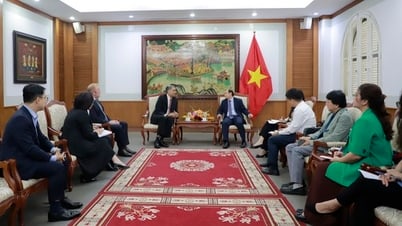
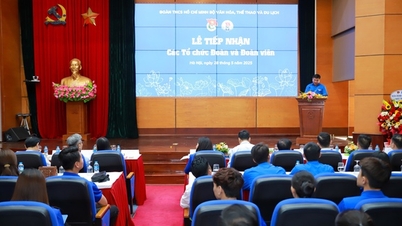
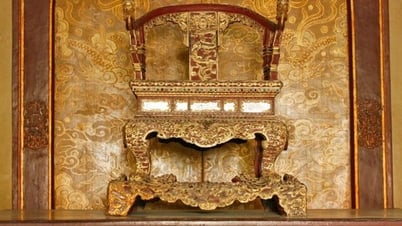
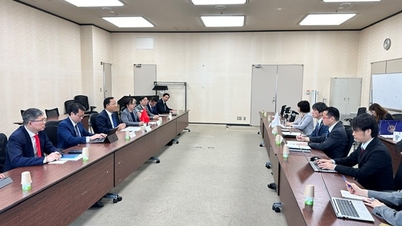

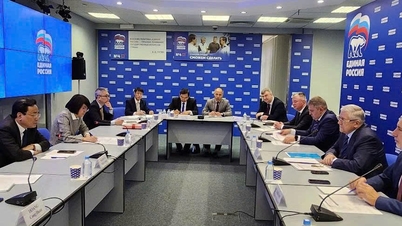

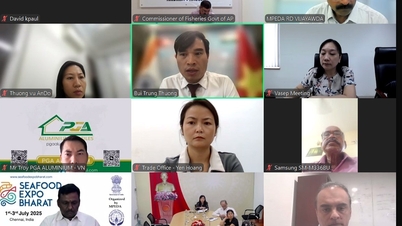


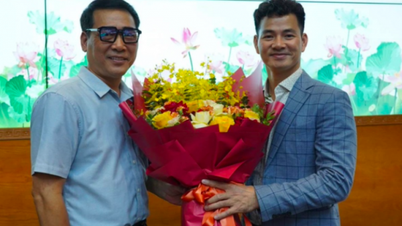

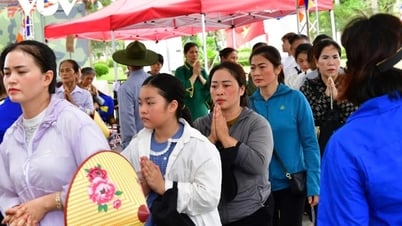

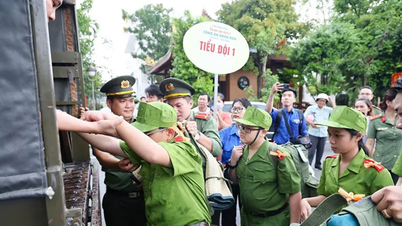
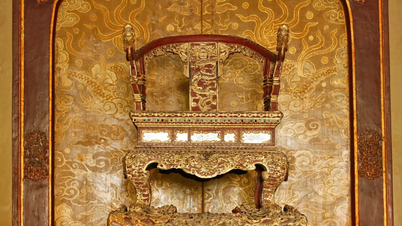

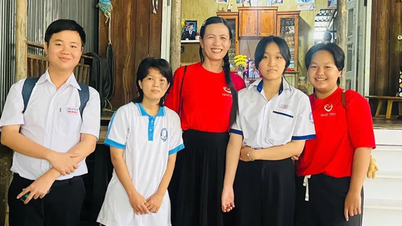


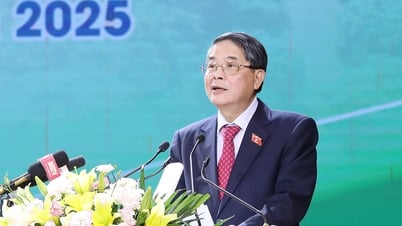










Comment (0)